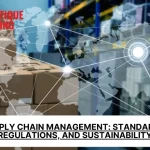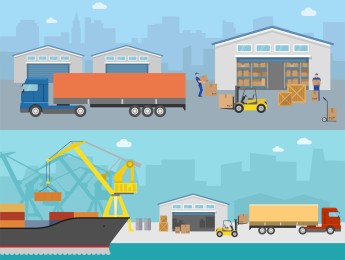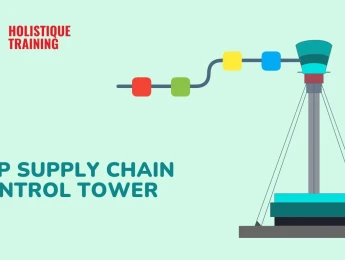This comprehensive course provides an integrated approach to food safety, sustainability, and supply chain management, reflecting the pressing challenges of modern food systems. With increasing global demand, regulatory pressures, and consumer expectations for safe, ethical, and environmentally responsible products, organisations must adopt strategies that balance efficiency with accountability.
Participants will explore how food safety standards and compliance frameworks protect public health, while learning how to embed sustainable practices such as waste reduction, energy efficiency, and responsible sourcing across the supply chain. The course also examines advanced supply chain models, digital innovations, and risk management tools that optimise logistics from farm to fork. By combining theoretical knowledge with real-world case studies, participants will gain the expertise needed to design resilient supply chains, strengthen sustainability performance, and ensure food safety in an increasingly complex global marketplace.
Upon completion of this course, participants will be able to:
- Understand food safety regulations and best practices.
- Explore sustainable food production methods.
- Master supply chain management techniques specific to the food industry.
- Analyse the integration of food safety and sustainability within supply chains.
- Develop strategic approaches for improving food systems.
This course is intended for:
- Food Safety Managers
- Quality Control Professionals
- Sustainability Officers
- Supply Chain Managers
- Agricultural and Food Scientists
- Public Health Inspectors
- Food Industry Consultants
This course uses a variety of adult learning styles:
- Lectures: Expert-led sessions on theory and practice.
- Workshops: Hands-on activities and group work.
- Case Studies: Analysis of real-world examples.
- Site Visits: Tours of food production and processing facilities.
- Assessments: Quizzes, assignments, and a final project.
Day 5 of each course is reserved for a Q&A session, which may occur off-site. For 10-day courses, this also applies to day 10
Section 1: Food Safety Management
- Food Safety Introduction
- Importance of food safety
- Overview of foodborne illnesses
- Regulatory Frameworks
- Global food safety standards
- Local regulations and compliance
- Hazard Analysis and Critical Control Points (HACCP)
- Principles of HACCP
- Developing and implementing a HACCP plan
- Food Safety Audits
- Types of audits
- Preparing for and conducting audits
- Case Studies
- Analysis of food safety incidents
- Lessons learned and preventive measures
Section 2: Sustainability and Supply Chain Management
- Sustainable Food Production
- Principles of sustainability
- Environmental impact of food production
- Sustainable Agricultural Practices
- Organic farming
- Water and soil management
- Processing and Packaging Innovations
- Eco-friendly packaging solutions
- Reducing waste in food processing
- Supply Chain Fundamentals
- Components of the food supply chain
- Effective supply chain management strategies
- Logistics and Distribution
- Optimising logistics for sustainability
- Cold chain management
- Risk Management in Food Supply Chains
- Identifying and mitigating risks
- Crisis management and contingency planning
- Case Studies
- Examples of sustainable practices in the industry
- Success stories and best practices
Upon successful completion of this training course, delegates will be awarded a Holistique Training Certificate of Completion. For those who attend and complete the online training course, a Holistique Training e-Certificate will be provided.
Holistique Training Certificates are accredited by the British Assessment Council (BAC) and The CPD Certification Service (CPD), and are certified under ISO 9001, ISO 21001, and ISO 29993 standards.
CPD credits for this course are granted by our Certificates and will be reflected on the Holistique Training Certificate of Completion. In accordance with the standards of The CPD Certification Service, one CPD credit is awarded per hour of course attendance. A maximum of 50 CPD credits can be claimed for any single course we currently offer.
- Course Code IND10 - 108
- Course Format Online, Classroom,
- Duration 10 days













